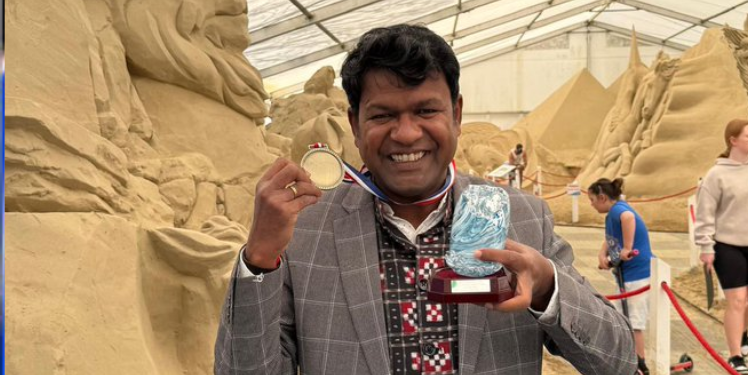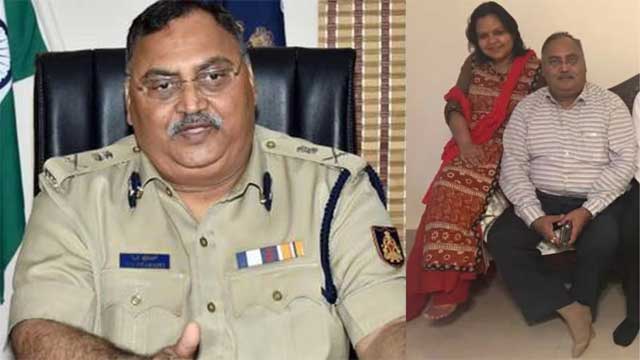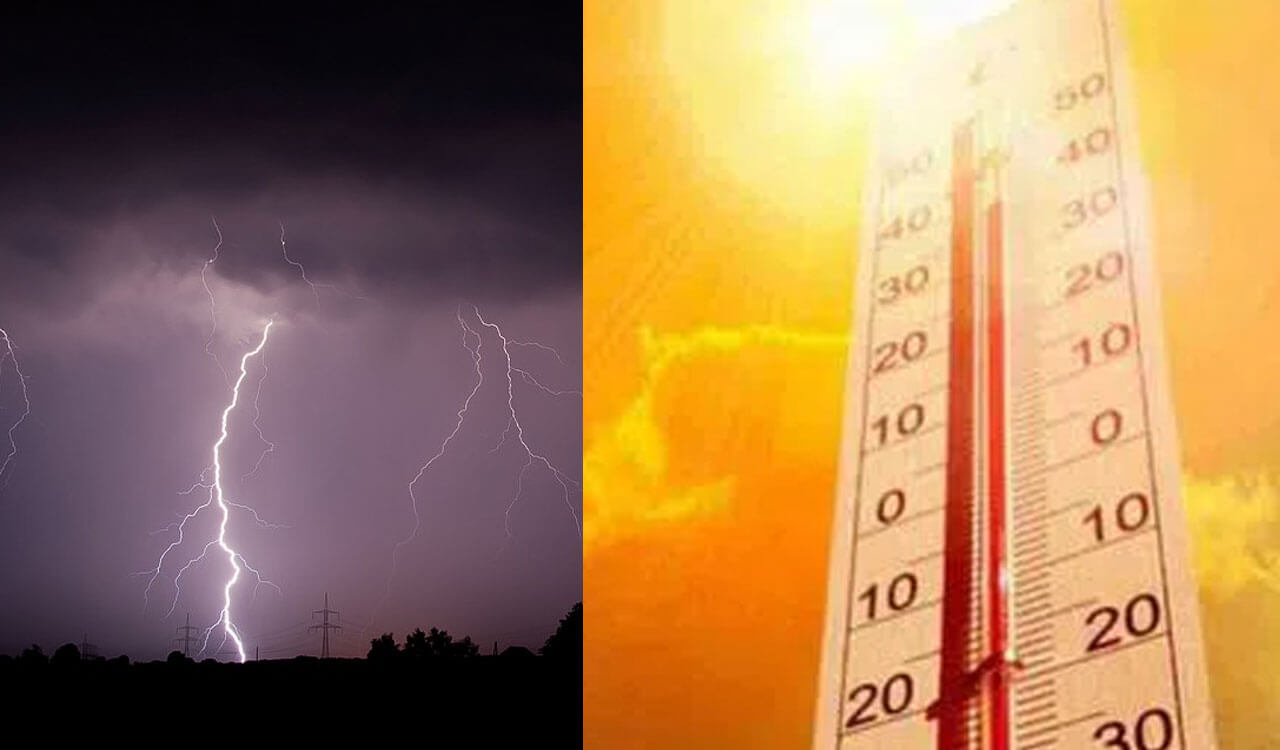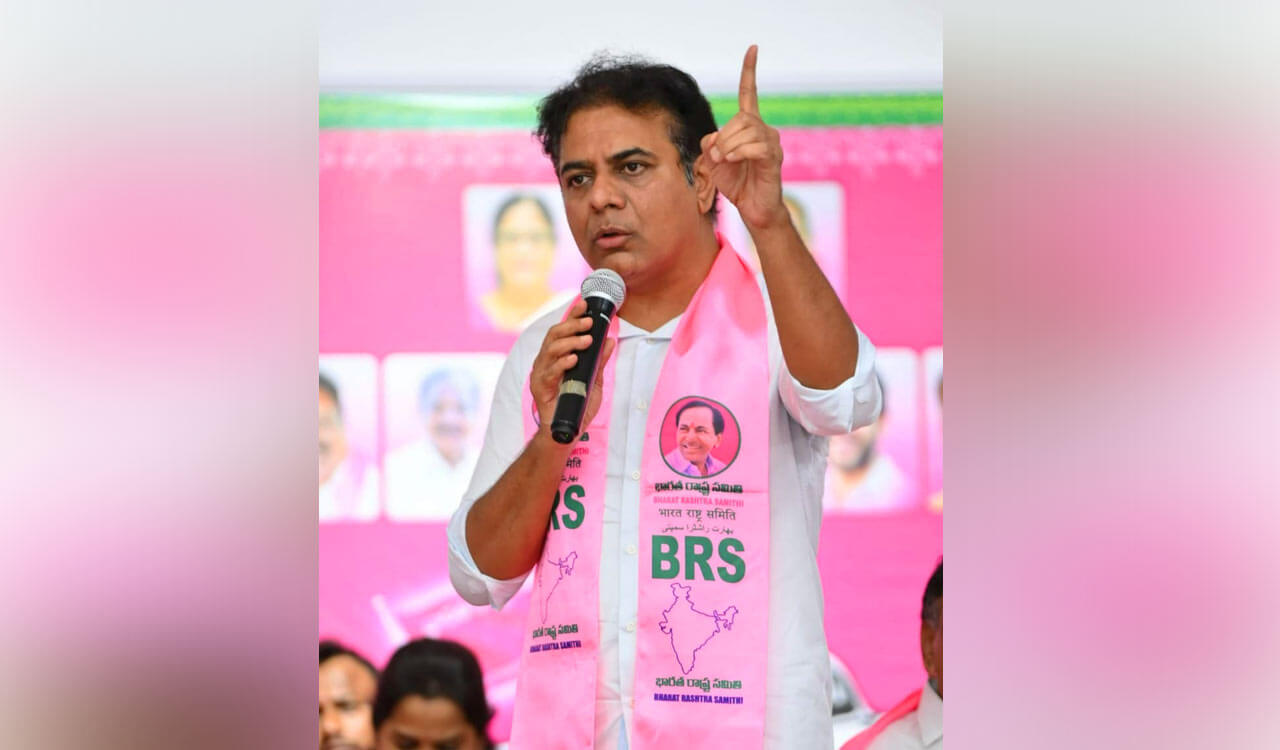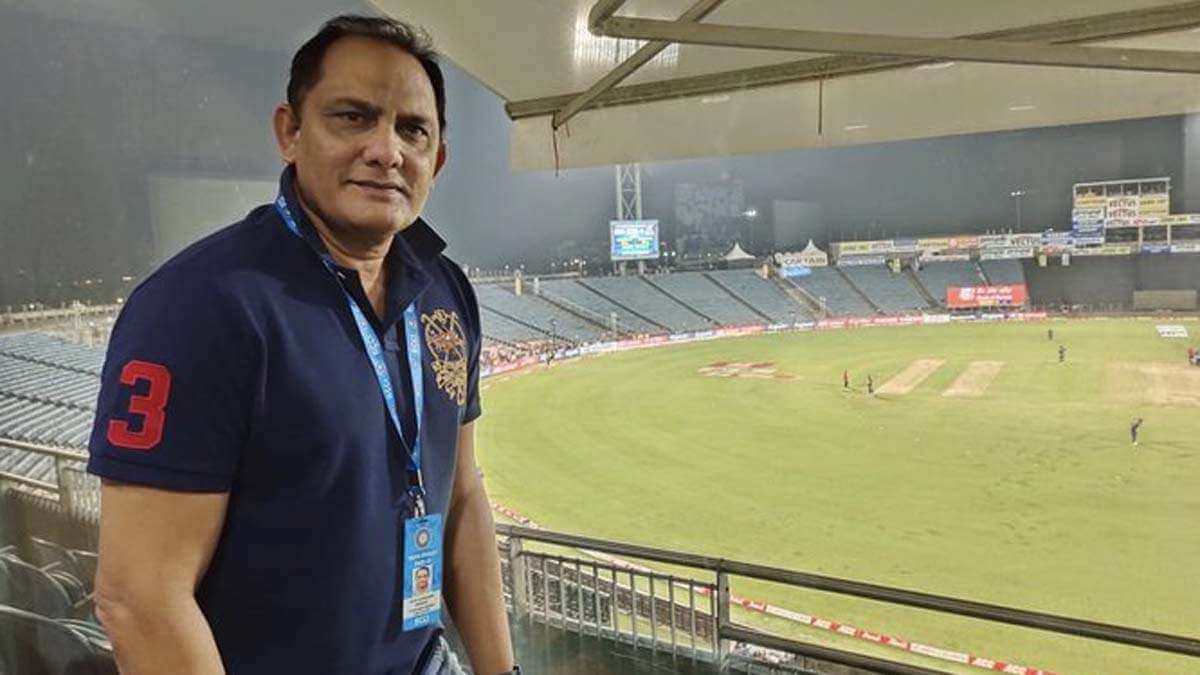Yakub to be hanged on July 30
Wed 22 Jul 2015, 12:15:33
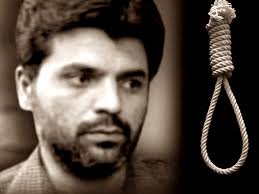
New Delhi: The Supreme Court on Tuesday dismissed a curative petition filed by Yakub Memon, a death-row convict in the 1993 Mumbai serial blasts case, paving the way for his hanging on July 30.
A three-judge bench presided over by Chief Justice H L Dattu saw no ground to interfere with the verdict, upholding capital punishment awarded to him in March, 2013.
The bench, also comprising Justices T S Thakur and A R Dave, passed its order rejecting the curative petition, considered the last judicial remedy available under the law.
“The petitioner has raised certain grounds in the curative petition which would not fall within the principles laid down in the case of Rupa Ashok Hurra vs Ashok Hurra. Since none of the grounds stated in the curative petition would fall within the parameters indicated in the case of Rupa Ashok Hurra (Supra), the curative petition stands dismissed,” the bench said.
The order was released in the case which was taken up by the bench in chamber sans any counsel as part of the procedure for hearing curative petitions.
In his
petition, Memon (52) claimed that he was suffering from schizophrenia since 1996, and that he has been behind the bars for nearly 20 years. He sought commutation of death penalty contending that a convict cannot be awarded life term and the extreme penalty simultaneously for the same offence. The date for his hanging has been fixed for July 30.
petition, Memon (52) claimed that he was suffering from schizophrenia since 1996, and that he has been behind the bars for nearly 20 years. He sought commutation of death penalty contending that a convict cannot be awarded life term and the extreme penalty simultaneously for the same offence. The date for his hanging has been fixed for July 30.
On April 9, the apex court had confirmed the death penalty dismissing his plea for review saying that there was neither any error in the previous judgment nor any other valid ground to interfere with his punishment.
The court had accorded him an open court hearing on the review petition, conforming to a Constitution bench verdict of June 2, 2014.
Memon, the brother of fugitive Ibrahim Memon, also known as Tiger Memon, the mastermind and the prime accused in the case, had then approached the apex court as his mercy plea was rejected by the President. A qualified chartered accountant, Memon had challenged the March 2013 apex court order upholding his death sentence. He contended that the evidence against him could prove only the charges of a conspiracy to commit terrorist acts.
No Comments For This Post, Be first to write a Comment.
Most viewed from Specials
Most viewed from World
AIMIM News
Latest Urdu News
Most Viewed
May 26, 2020
Do you think Canada-India relations will improve under New PM Mark Carney?
Latest Videos View All
Like Us
Home
About Us
Advertise With Us
All Polls
Epaper Archives
Privacy Policy
Contact Us
Download Etemaad App
© 2025 Etemaad Daily News, All Rights Reserved.











